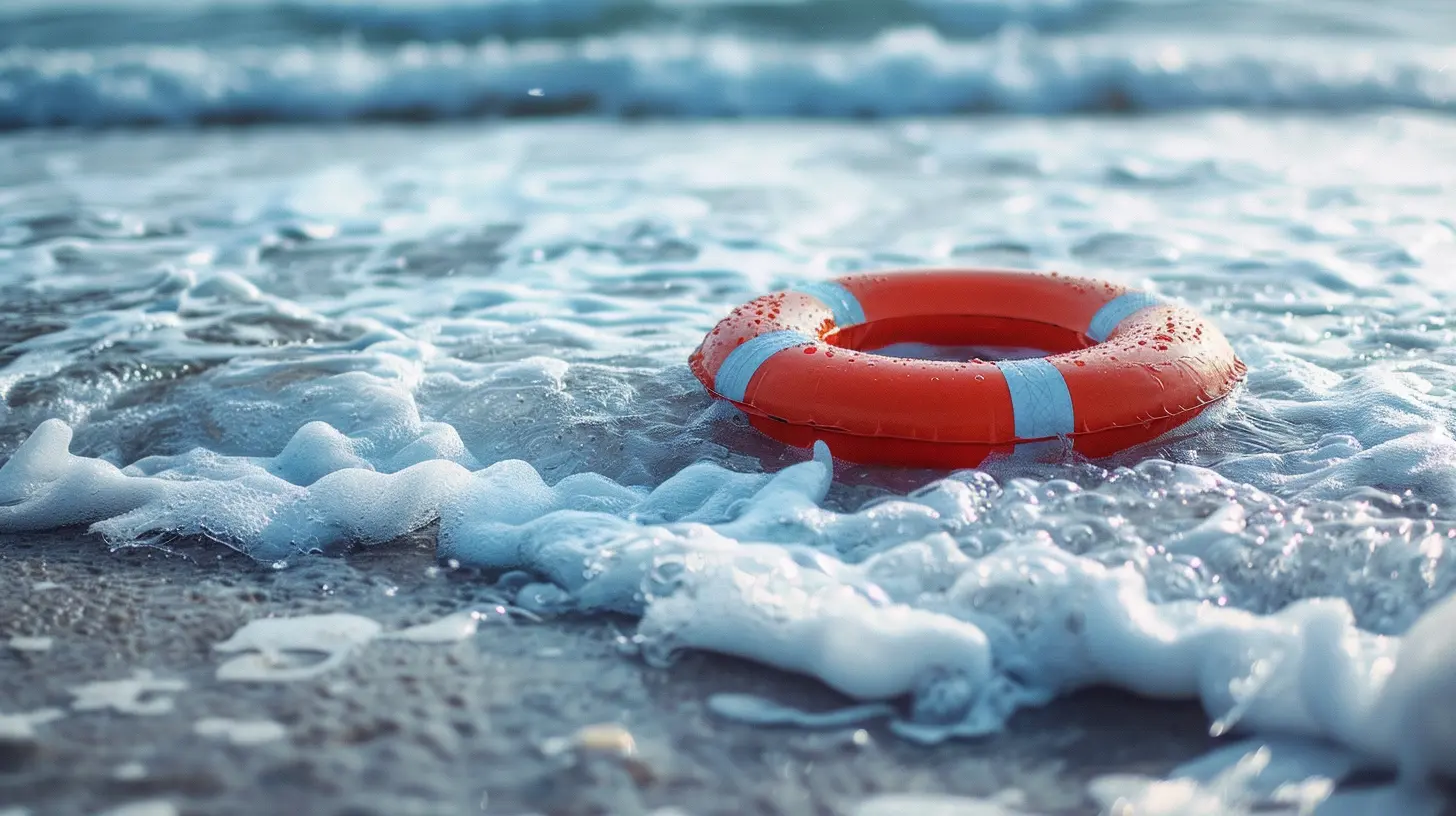The Importance of Emergency Funds for Young Adults
17 August 2025
Introduction
Picture this: your car breaks down on the way to work, or your laptop suddenly gives up on life just before an important assignment is due. What do you do? Swipe your credit card and rack up debt? Call your parents for a bailout? Stress and panic?
This is exactly where an emergency fund comes in. It’s your financial superhero, your safety net, your "oh-no" money that saves the day when life throws an unexpected curveball. For young adults just starting their financial journey, having an emergency fund is not just a good idea—it’s an absolute necessity.
In this article, we'll dive into why emergency funds are so important, how much you should save, and the best ways to build one without feeling overwhelmed. 
What Is an Emergency Fund?
An emergency fund is a stash of money set aside to cover unexpected expenses. It’s not for vacations, shopping sprees, or the latest iPhone—this is strictly for life's "uh-oh" moments like medical bills, car repairs, or even sudden job loss.Think of it as your financial seatbelt. You hope you never need it, but you’ll be grateful it’s there when you do. 
Why Are Emergency Funds Important for Young Adults?
1. Life Is Unpredictable
Let’s be real—life loves to keep us on our toes. One minute everything is fine, and the next, you're hit with a surprise bill that wasn’t in your budget. An emergency fund helps you handle these unexpected costs without throwing your finances into chaos.2. Prevents Debt Trap
Without savings, many young adults turn to credit cards or personal loans when emergencies arise. The problem? High-interest rates can trap you in a cycle of debt, making it harder to recover financially. An emergency fund saves you from paying double (or more) for an emergency over time.3. Gives You Peace of Mind
Money stress is real, and it can affect everything from your sleep to your overall well-being. Knowing you have a financial cushion allows you to handle life's surprises with confidence rather than panic.4. Helps You Maintain Independence
No one wants to be that person constantly borrowing money from friends or family. An emergency fund gives you financial independence, so you don't have to rely on others when life throws a curveball.
How Much Should You Save in Your Emergency Fund?
The golden rule: Aim for at least 3 to 6 months’ worth of living expenses.But let’s break that down into realistic steps:
- Start Small: If saving months' worth of expenses sounds overwhelming, begin with just $500 to $1,000. That’s enough to cover minor emergencies like car repairs or urgent bills.
- Gradually Increase: Once you hit that first $1,000, work your way up to covering one month of expenses, then two, then three, until you have a comfortable cushion.
- Personalize It: Your ideal emergency fund amount depends on your lifestyle. If you have a stable job, maybe three months of expenses is enough. If your income is unpredictable, aim for six months or more. 
Where to Keep Your Emergency Fund
Your emergency fund should be accessible but not TOO accessible (because let’s be honest, it’s tempting to dip into it for non-emergencies).Here are the best places to keep it:
1. High-Yield Savings Account
This is one of the best spots for an emergency fund because it earns interest while remaining easily accessible.2. Money Market Account
It functions similarly to a savings account but might offer a slightly higher interest rate.3. Separate Bank Account
Keeping your emergency fund in a different bank account (away from your regular spending account) reduces the temptation to use it for everyday expenses.How to Build an Emergency Fund Without Feeling Overwhelmed
Saving money can feel like a daunting task, especially when your paycheck barely covers rent and groceries. But don’t worry—building an emergency fund is totally doable!1. Start Small and Be Consistent
Even if it’s just $10 or $20 a week, small amounts add up over time. The key is consistency.2. Automate Your Savings
Set up an automatic transfer to your emergency fund each payday. This way, you don’t have to think about it, and your savings grow effortlessly.3. Cut Back on Unnecessary Expenses
Do you really need that $6 latte every single day? Maybe skipping a few takeouts or canceling unused subscriptions can free up extra cash to put toward your emergency fund.4. Use Windfalls Wisely
Got a tax refund, birthday money, or work bonus? Instead of spending it all, put at least a portion of it into your emergency savings.5. Pick Up a Side Gig
If possible, consider a side hustle like freelancing, tutoring, or selling items you no longer use. Extra income goes a long way in building your emergency fund faster.When to Use Your Emergency Fund (and When NOT to)
When It’s Okay to Dip Into Your Fund:
✅ Unexpected medical expenses✅ Urgent car or home repairs
✅ Job loss or sudden reduction in income
✅ Emergency travel (family crisis, funeral, etc.)
When You Shouldn't Touch It:
❌ Shopping sprees❌ Concert tickets or vacations
❌ Upgrading electronics just because a new model came out
❌ Non-essential expenses that can wait
Common Mistakes to Avoid
1. Not Having an Emergency Fund at All
Too many young adults rely on credit cards or their parents. Don’t make this mistake—start saving now, even if it’s small.2. Keeping It in Cash
While having some cash on hand is fine, leaving your entire emergency fund in physical cash isn’t the best idea. Inflation will eat away at its value, and it’s not as secure as a bank.3. Saving Too Much in Your Emergency Fund
Yes, there’s such a thing as saving too much. If you have over six months’ worth of expenses saved, consider investing excess money for long-term growth rather than letting it sit in a low-interest account.Final Thoughts
Having an emergency fund is like giving yourself a financial superpower. It keeps you prepared, reduces stress, and prevents you from spiraling into debt when life throws unexpected surprises your way.If you haven’t started saving yet, remember—it’s never too late to start. Begin with small amounts, be consistent, and watch your financial safety net grow over time. Your future self will thank you!
all images in this post were generated using AI tools
Category:
Financial LiteracyAuthor:

Anita Harmon
Discussion
rate this article
1 comments
Otis Barron
Building an emergency fund empowers young adults to face life's uncertainties with confidence, resilience, and peace of mind. Start today!
September 17, 2025 at 4:26 AM

Anita Harmon
Thank you for highlighting the vital role of emergency funds! They truly are essential for financial security and peace of mind.


